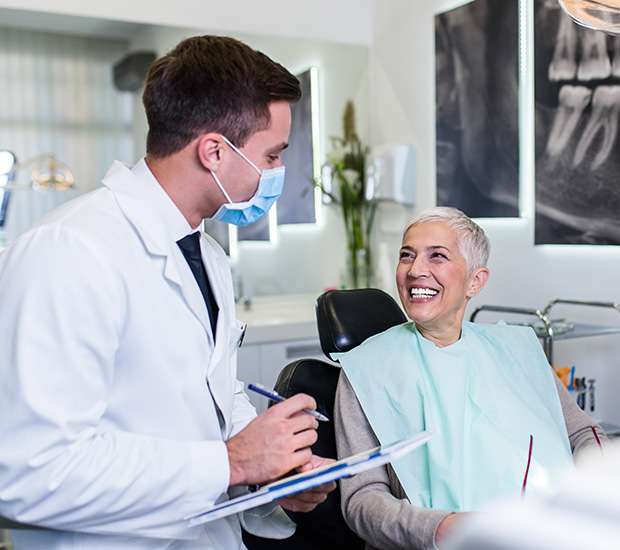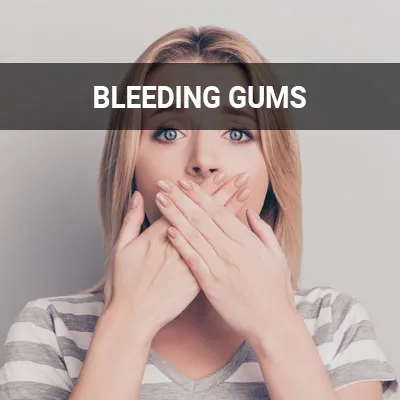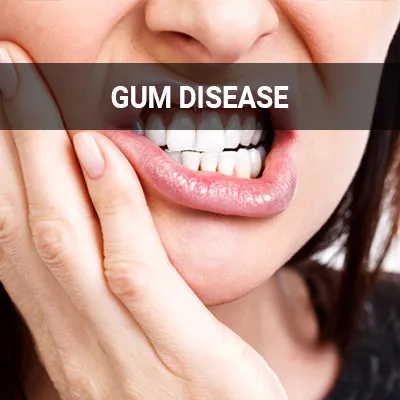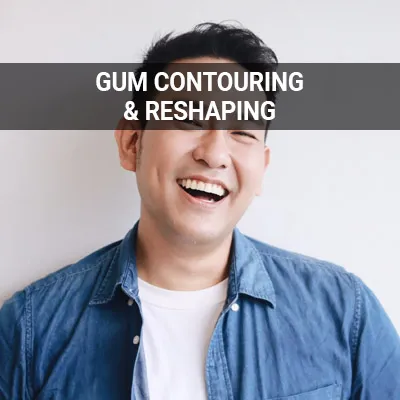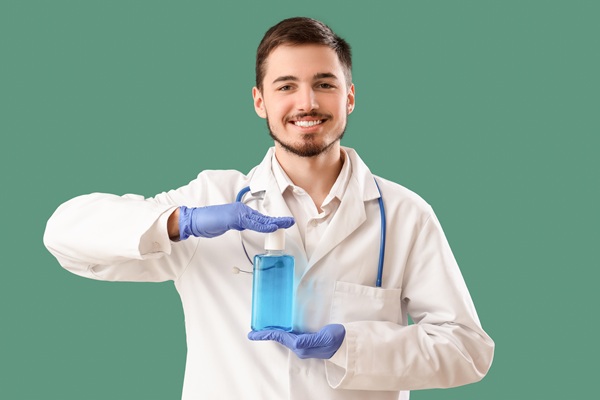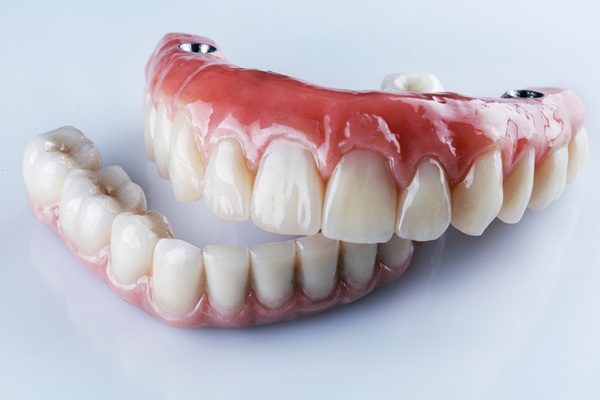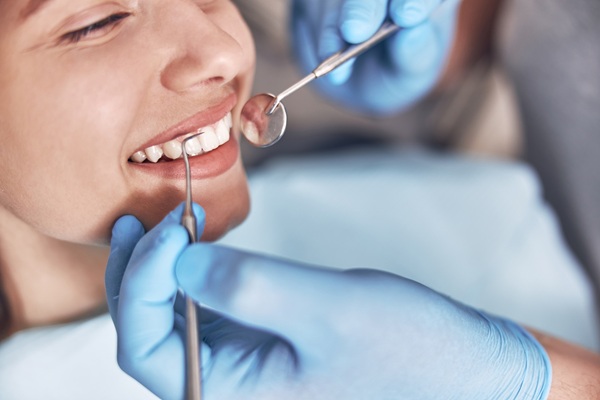Soft-Tissue Laser Dentistry Marietta, GA
Soft tissue laser dentistry allows us to target infection and remove precancerous lesions. Soft tissues like the gums are vulnerable to injury and infection. Fortunately, laser dentistry procedures can help heal diseased tissue and speed up recovery.
Laser dentistry is available at Happy Dental and Orthodontics in Marietta and the surrounding area. Our team uses high-tech dental lasers for added precision. We offer comprehensive treatment for many dental concerns, including gum disease. Call us at (770) 200-4034 to learn more about our services or schedule an appointment.
The Pros and Cons of Soft-Tissue Laser Dentistry
Soft-tissue laser dentistry offers many advantages for both patients and providers. Lasers often minimize bleeding and additional swelling after a procedure. They are also more precise than traditional surgical tools, making it easier to provide targeted treatments. Some patients may also experience less pain during a soft-tissue laser procedure versus traditional surgery.
There are also some disadvantages to soft-tissue laser treatments. Procedures with a laser may be more expensive due to the provider's initial cost of the equipment. Additionally, laser therapy is only available for a small number of procedures and not for some common dental treatments, such as removing crowns or filling cavities. It is also imperative that providers follow the recommended practices for laser safety with their staff members.
“Lasers often minimize bleeding and additional swelling after a procedure.”
Soft-Tissue Laser Dentistry in Orthodontics
Laser dentistry is being incorporated more often in orthodontic treatments. Dental providers can use soft-tissue lasers to help contour gums and reshape them to remove excessive gum tissue. Lasers can also be part of a treatment plan for impacted teeth. The laser allows the tooth to grow more appropriately into the mouth, improving the patient's smile.
“Dental providers can use soft-tissue lasers to help contour gums and reshape them to remove excessive gum tissue.”
Post-Treatment Care and Tips
After a soft-tissue laser dentistry treatment, patients must follow the post-op care from Happy Dental and Orthodontics. As stated in Mouth Healthy, it may be necessary to stick to a mild or liquid diet for a few days after the surgery. Then, patients may be asked to transition to a soft food diet for a week or two until the mouth or gums are healed.
The areas treated by the laser may feel tender, so it is normal to experience a little soreness. The surgical site may appear grey, red, purple, or other unusual colors while healing. It may also be necessary to avoid brushing and flossing the surgical spot and use a warm saltwater rinse to clean it instead.
“The areas treated by the laser may feel tender, so it is normal to experience a little soreness.”
Check out what others are saying about our dental services on Yelp: Soft-Tissue Laser Dentistry in Marietta, GA
The Right Candidate for Laser Dentistry
Laser dentistry carries few risks, and it is suitable for a wide range of patients. But patients with bleeding disorders might not be good candidates for these procedures. Patients with complex dental needs may also do better with traditional procedures. A dental provider can offer personalized treatment recommendations.
Patients may be a candidate for soft-tissue laser dentistry if they have the following:
- Deep-tissue infections
- Gum inflammation
- Gum recession
- Impacted wisdom teeth
- Mouth sores
- Overgrown gums
- Tongue-tie
Soft-tissue laser dentistry can also help treat sleep apnea. This potentially life-threatening condition can interfere with nighttime breathing. Removing tissue from the patient's mouth and throat could ease sleep apnea symptoms.
“Laser dentistry carries few risks, and it is suitable for a wide range of patients.”
Questions Answered on This Page
Q. What are the pros and cons of soft-tissue laser dentistry?
Q. What is the role of soft-tissue laser treatment in orthodontics?
Q. What should I do after my soft-tissue laser dentistry treatment?
Q. What can soft-tissue laser therapy be used for?
Q. Who is the right candidate for laser dentistry?
People Also Ask
Q. What are the signs of gum disease?
Q. Am I at high risk for developing oral cancer?
Q. What are the advantages and disadvantages of laser dentistry?
Q. What are the uses of laser dentistry?
Different Types of Soft-Tissue Laser Dentistry
According to WebMD, there are different types of surgeries that use soft-tissue lasers. Before the surgery, your dental provider will explain the steps of your specific procedure. The most common type of laser used in soft-tissue procedures by dental providers is the diode laser. Here are some examples of what may happen during a soft-tissue laser surgery:
- Cutting Tissue: If a provider uses a laser instead of a traditional cutting tool for surgery, it is often more precise. For surgeries such as frenum removal, gum reshaping, and periodontal therapy, the laser cuts through the tissue easily. After cutting, bleeding is minimal and improves healing time.
- Sealing Wounds: Laser therapy can also be used to seal and cauterize surgical cuts. It seals off the blood vessels and capillaries during treatment. This helps reduce swelling after the procedure.
- Eliminating Bacteria: Some soft-tissue laser procedures may involve the eradication of harmful bacteria. In periodontal treatments, the laser acts as a bacteria eliminator and improves the patient’s outcome. The heat generated by the laser and the targeted way it can treat the gums’ diseased pockets removes bacteria that cause periodontal complications.
“The most common type of laser used in soft-tissue procedures by dental providers is the diode laser.”
Frequently Asked Questions
Q. What is laser dentistry?
A. In the past, dentists often used drills and sharp tools to perform procedures. These tools sometimes result in significant pain, swelling, or bleeding. Modern lasers streamline the treatment process. Laser technology might make procedures more comfortable for patients.
Q. What are the benefits of laser dentistry?
A. Laser dentistry offers added precision and control. Dentists can use lasers to target diseased tissue and tooth decay. Dental lasers can also sculpt tissues to provide cosmetic enhancement.
Q. Will I need pain medication during my procedure?
A. Many patients do not need anesthetic during laser dentistry procedures. However, if necessary, the dentist may provide a mild numbing cream. This medication eases discomfort without leaving the patient groggy or disoriented.
Q. Is there a risk of infection?
A. Every dental procedure carries some risk of infection. However, laser dentistry has a low risk of complications. The laser destroys bacteria around the target tissue to reduce the patient's risk of infection.
Q. Am I a candidate for laser dentistry?
A. Most patients can receive laser dentistry. But traditional procedures might be a better fit for some patients. Our team can determine whether laser dentistry is right for you.
Dental Terminology
Contact Us To Learn More
If you are interested in finding out whether you are a candidate for laser treatment, contact us. Call us at 770-200-4034 to schedule a consultation. We are proud to provide our Marietta patients with the most effective tools in dental care.
Helpful Related Links
- American Dental Association (ADA). Glossary of Dental Clinical Terms. 2024
- American Academy of Cosmetic Dentistry® (AACD). Home Page. 2024
- WebMD. WebMD’s Oral Care Guide. 2024
About our business and website security
- Happy Dental and Orthodontics was established in 2021.
- We accept the following payment methods: American Express, Cash, Discover, MasterCard, and Visa
- We serve patients from the following counties: Cobb County and Fulton County
- We serve patients from the following cities: Marietta, Smyrna, Sandy Springs, Atlanta, Kennesaw, Roswell, Acworth, East Cobb, Alpharetta and Fair Oaks
- National Provider Identifier Database (1407403652). View NPI Registry Information
- Norton Safe Web. View Details
- Trend Micro Site Safety Center. View Details
Back to top of Soft-Tissue Laser Dentistry
